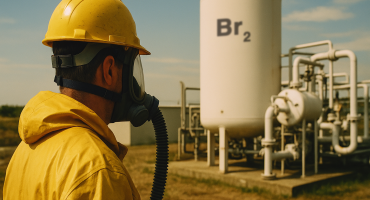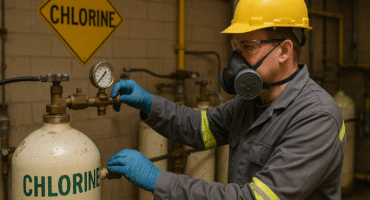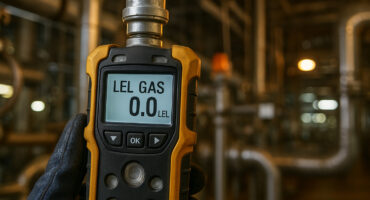One question we are getting asked a lot is- ‘How to Clean Gas Detectors?’ Honeywell our supplier has released a useful guide to help all our customers clean their gas detectors.
It is important to be careful with what you expose your gas detector to as some substances can poison the sensors or in some cases coat the sensors. This means the sensors will no longer work and start displaying an error.
If your sensors do come into contact with hazardous chemicals, feel free to contact our service team on 061 201 887 for some maintenance advice.
In short, they are asking users to avoid using the below and if you have to use them be very careful.
Honeywell have suggested:
For routine cleaning and disinfecting of gas detectors, customers should use water and hand soap which does not include any of the previously-listed cleaning agents and wipe the detector with a soft, damp cloth.
Care needs to be taken when carrying out this process to make sure not to get any of the components wet.
They are also encouraging users to calibrate or at least bump test units after cleaning them to make sure they are still functioning.
If you are looking to carry out bump tests, the Honeywell Intellidox can be used.
If you need more information please do not hesitate to contact us
From the Blog



If you have any questions about our products or services, please feel free to contact us.